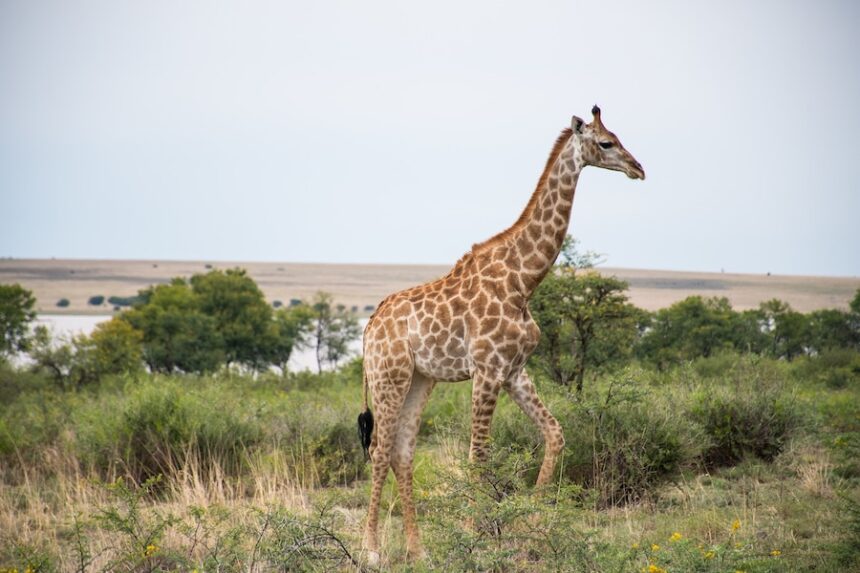Introduction
Wildlife is an essential component of our planet’s ecosystem, playing a crucial role in maintaining the delicate balance of nature. From majestic elephants roaming the savannahs of Africa to tiny pollinators buzzing in our gardens, the diversity of wildlife is astounding. In this article, we will explore the significance of wildlife conservation and the urgent need to protect these species.

The Importance of Biodiversity
Biodiversity, represented by the vast array of wildlife species, contributes to the resilience and stability of ecosystems. Each species has a unique role to play in maintaining the health of the planet. For instance, predators help control prey populations, preventing overgrazing and maintaining vegetation balance.
Threats to Wildlife
While wildlife is essential, it faces numerous threats, including habitat destruction, climate change, poaching, and pollution. These threats not only endanger species but also disrupt the ecosystem services they provide. Climate change, for example, affects migration patterns, endangering countless species.
Conservation Efforts
Conservation organizations and governments worldwide are working diligently to protect wildlife. National parks and wildlife reserves serve as safe havens for endangered species, enabling their populations to recover. Additionally, public awareness campaigns and educational programs promote the importance of wildlife conservation.
Conclusion
Wildlife conservation is a global responsibility. Preserving the diverse array of species on our planet is crucial for maintaining ecological balance and ensuring a sustainable future. As stewards of the Earth, it is our duty to protect and celebrate the beauty and importance of wildlife.

